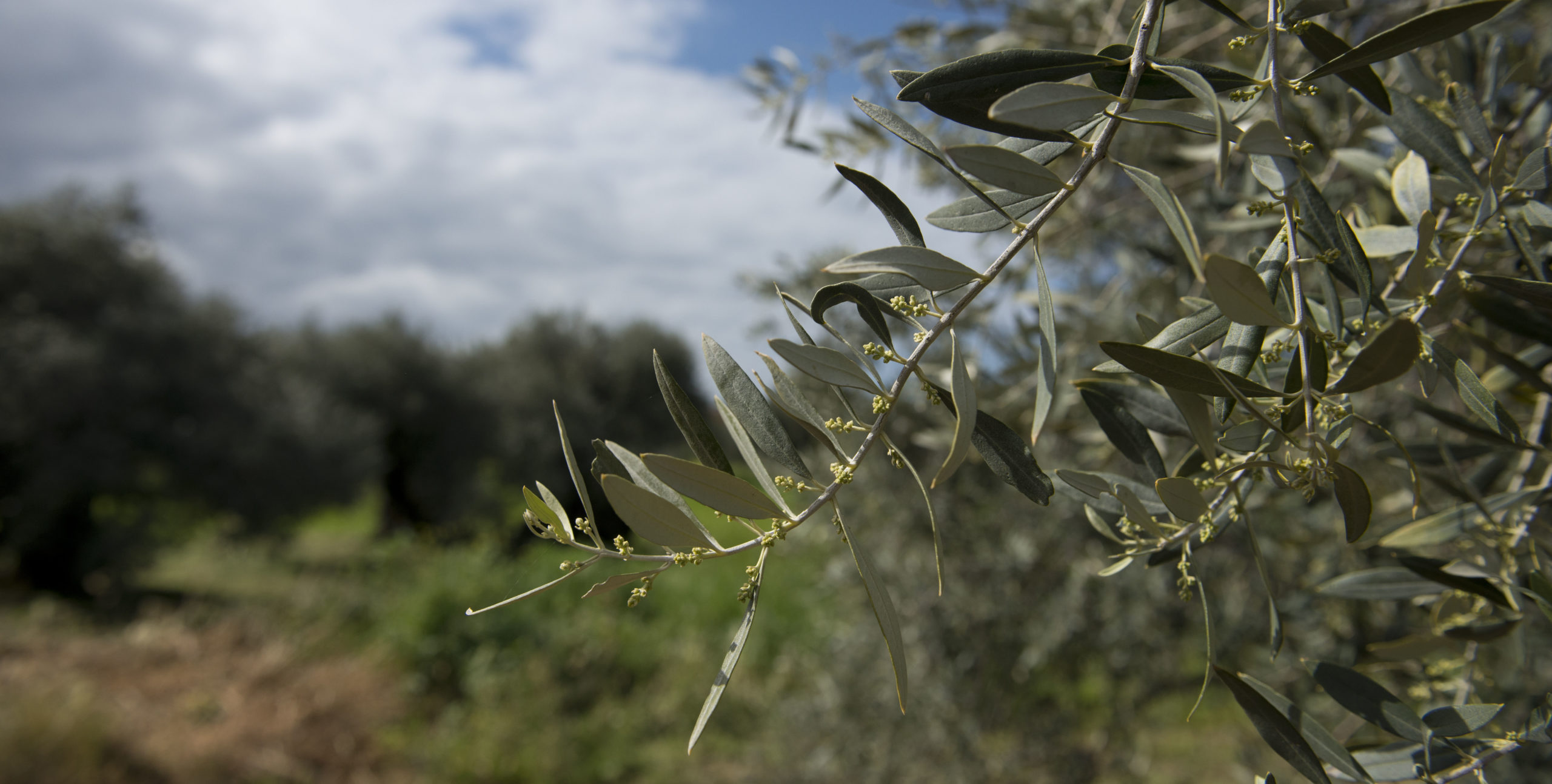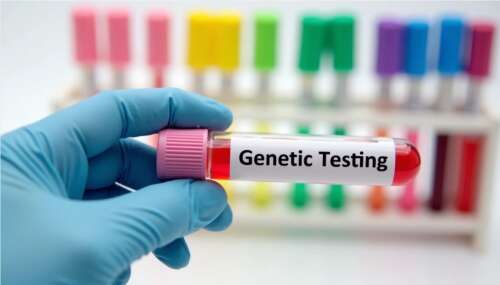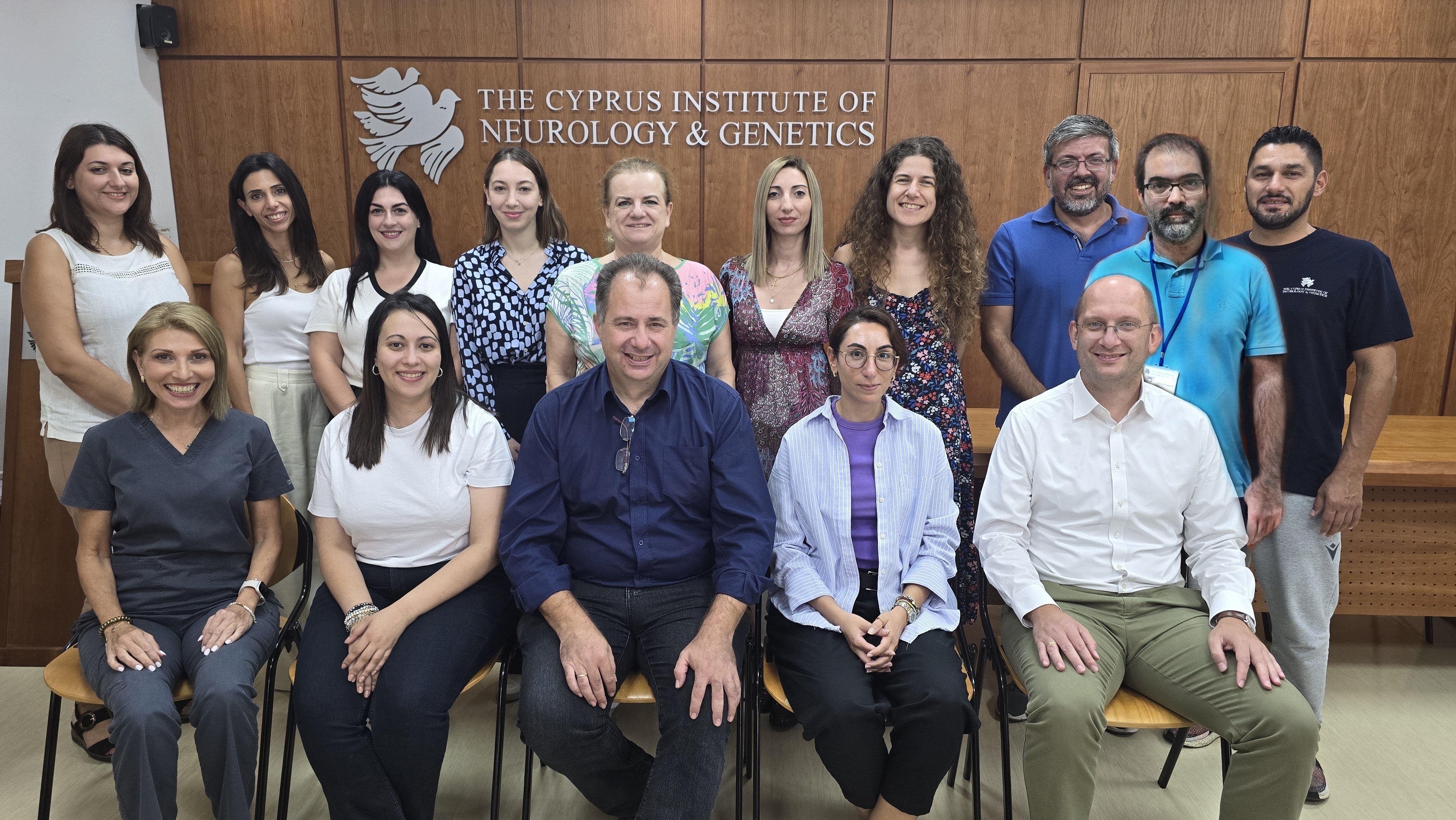Forget cryotherapy! Premier League players turn to Cypriot olive oil to boost their performance
By newsroom
Copyright philenews

A French soil engineer turned Cyprus resident says his olive oil is transforming athletic performance, with Premier League footballers and Tour de France cyclists among those turning to his services seeking to recover quickly after games and reduce inflammation.
Nicolas Netien, who holds the world record for olive oil polyphenol concentration at 4,943mg per litre, produces oil containing 30 times more beneficial compounds than regular extra virgin varieties through his company Oleaphen. The oil is delivered in biodegradable seaweed pods to prevent oxidation.
“Athletes feel the difference immediately – less morning stiffness, faster post-training recovery, sustained energy without crashes,” says Netien, who was awarded Knight of the Order of Agricultural Merit by France for sustainable agriculture work. “When your career depends on marginal gains, that immediate impact is everything.”
Scientific foundation
The oil’s performance claims centre on oleocanthal, a naturally occurring compound that Netien calls “the most natural, powerful anti-inflammatory in the world.” Research shows oleocanthal works on the same COX-1 and COX-2 pathways as ibuprofen but without side effects.
Oleaphen’s oil contains 100 times more oleocanthal than regular extra virgin olive oil. Clinical studies demonstrate 10mg of oleocanthal provides anti-inflammatory activity equivalent to 400mg of ibuprofen, according to company materials citing over 2,000 published studies on olive oil polyphenols.
Elite athletes want Cypriot olive oil
The product’s entry into elite sport came through Netien’s business partner Nick Schizas, a former FIFA-licensed football agent who discovered high-polyphenol olive oil research in 2011. Schizas has maintained olive groves in Cyprus’s Solea region since 2013.
“We have players from the same team who don’t know that the other is also taking our oil – that’s how discreetly some athletes operate when it comes to performance advantages,” Netien says.
When asked to name specific athletes, Netien politely declined, citing the privacy of his clients.
“What I can share is that these are athletes competing at the absolute highest levels, the Premier League, Champions League, World Cup, and Grand Tour cycling events. They’re individuals whose careers depend on finding every legal advantage possible, and they’ve made our oil a non-negotiable part of their daily routine,” he says.
Netien explains that the oil is packaged in 5ml single-dose pods developed after consultation with athletes’ doctors concerned about potency variability in bottled oils once opened.
To help us understand the popularity of his product, he says: “It’s addressing root causes, not just symptoms. Most supplements and medicines mask inflammation or provide temporary energy boosts. Our oil actually helps the body’s natural recovery processes work more efficiently, reducing oxidative stress, supporting mitochondrial function, and optimising the inflammatory response that’s crucial for adaptation and growth.”
He adds that Oleaphen can replace multiple supplements, which can reduce the mental load for elite athletes. “Instead of taking separate anti-inflammatories, antioxidants, and recovery aids, one daily pod provides comprehensive support. For elite athletes managing complex supplement regimens, this simplification is incredibly valuable,” Netien says.
Netien’s background as a soil biologist informs production techniques designed to maximise polyphenol content. Olives are hand-harvested in September when polyphenol levels peak, then immediately refrigerated and transported below 4°C to preserve compounds.
“Polyphenols are basically the immune system of the trees, and working with the root microbiome increased that immune system,” explained Netien, who uses permaculture methods with integrated biodiversity systems, including livestock.
The farms employ no pesticides, instead using zeolite, a natural mineral, for pest protection. Netien says the methods are carbon-negative, sequestering 16kg of CO₂ per litre produced.
Market position
Oleaphen positions itself in the premium nutraceutical market rather than as a commodity food product. The company’s first harvest sold out within 30 days, with limited annual production creating natural scarcity.
The oil meets European Food Safety Authority health claim standards, containing over 1,600mg/kg of polyphenols compared to the 250mg/kg minimum threshold. A 5ml dose provides polyphenol equivalent to 500ml of regular extra virgin olive oil, according to the company.
Climate and tradition
The climate crisis in Cyprus presents both challenges and opportunities for olive cultivation, Netien says. He explains that rising temperatures and unpredictable rainfall patterns require precise timing for cultivation and harvest.
“Every season is harder than the last,” he says. “Fortunately, growing soil fast through nature-based solutions helps us keep up with the rise in temperatures and the lowering of rainfall.”
The unique terroir of Cyprus, combined with enhanced soil biology techniques, enables the world-record polyphenol concentrations, Netien says.
He describes the work as reviving ancient Mediterranean practices that have been compromised by industrial processing and storage methods that strip away therapeutic compounds.
“The infinite game we’re playing is about sustainability, not just environmental, but human health sustainability,” he says. “Traditional Mediterranean populations understood that nurturing the soil nurtures us. That’s exactly what we’re doing with our permaculture methods and biodiversity systems.”



